Former U.S. co-chair of the OSCE Minsk Group Richard Hoagland has published the article “Does the Minsk Group Still Have a Role?” in which he discloses certain “backstage” information.
Hoagland served as the co-chair for a relatively short period of time, from January to September of 2017. He was asked to take the position after the previous co-chair, James Warlick, left public service for a job in the private sector.
Richard Hoagland held different positions over the years: U.S. Ambassador to Kazakhstan, Tajikistan, Deputy Ambassador to Pakistan, and Charge d’affaires to Turkmenistan. He also served as U.S. Principal Deputy Assistant Secretary of State for South and Central Asian Affairs and as Director of the Office of Caucasus and Central Asian Affairs in the Bureau of Europe and Eurasian Affairs, Department of State.
Hoagland was nominated for U.S. Ambassador to Armenia in 2007, but Senator Robert Menendez blocked his candidacy due to Hoagland’s refusal to qualify the annihilation of Armenians in 1915 as genocide.
The appointment
Hoagland writes he retired after 30 years in the State Department, when he was asked to return to service as the interim U.S. Co-Chair for the Minsk Group.
“To be honest, when I was offered the position of interim U.S. Co-Chair, I hesitated a bit at first. Why? Because within the State Department that position was not seen as particularly “career enhancing.” To be frank, it was usually occupied by a diplomat in “a parking position,” i.e., waiting for a promised full-scale ambassadorship to become available, or was filled by a soon-to-retire diplomat who needed a bit more time to fulfill the requirements for retirement. Nevertheless, I was intrigued by the opportunity to learn, on the ground, about an international issue to which I had paid scant attention in the past and to have the opportunity to travel into Nagorno-Karabakh itself, which is very rare for any American citizen.
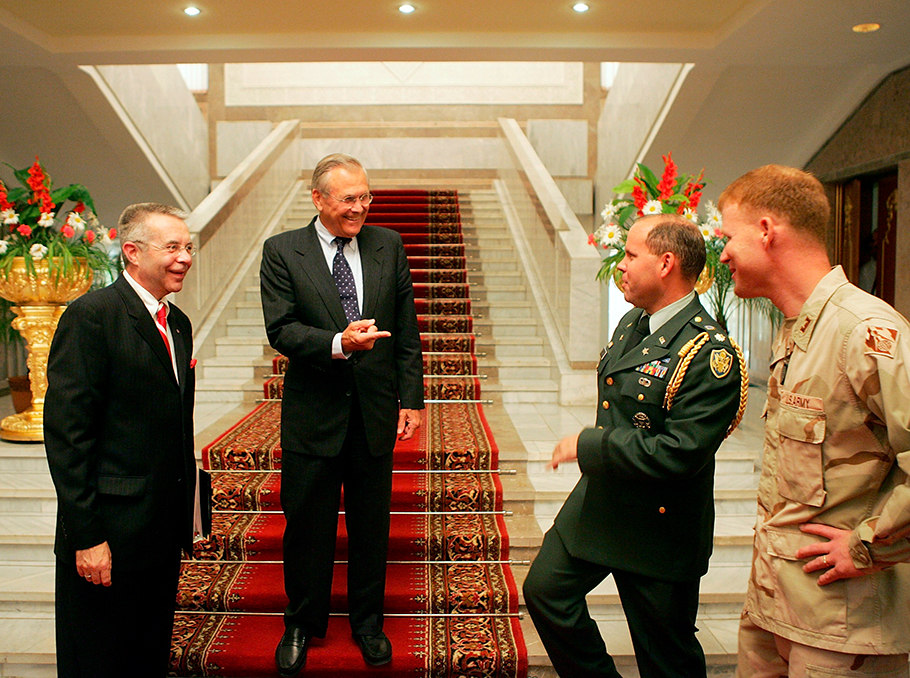 Richard Hoagland and US Defense Secretary Donald Rumsfeld in Dushanbe in 2005
Richard Hoagland and US Defense Secretary Donald Rumsfeld in Dushanbe in 2005Photo: REUTERS
In many ways, what we did and how we did it fit the stereotype that comes to mind for people when they think of the diplomatic life. We stayed in five-star hotels where we were usually assigned suites on the executive floor that gave us access to a private dining room and full bar at no additional expense. We always sought out the best restaurants in the cities where we found ourselves. We lived well while we showed the OSCE flag and reminded Baku and Yerevan that the Minsk Group exists. But to be blunt, very, very little ever got accomplished,” Hoagland confesses.
Madrid Principles, “Lavrov’s plan”, Popov’s confession
Over the years, Hoagland writes, the OSCE had formulated the Madrid Principles, a roadmap for the final resolution of the Nagorno-Karabakh conflict that would end in self-determination by the residents of Nagorno-Karabkah itself.
“During the period that I served as the U.S. Co-Chair, Russian Foreign Minister Sergei Lavrov revealed his own plan to resolve the conflict, rather similar to the existing Madrid Principles, that immediately became known informally as the Lavrov Plan, even though we were cautioned to call it simply a “plan on the table.”
When the so-called Lavrov Plan was released, I asked my excellent colleague, the Russian Co-Chair Ambassador Popov, if the Kremlin would really agree to implement it, should Yerevan and Baku buckle and accept it. His candid reply? “Of course not.” More than anything else, this made clear to me that Nagorno-Karabakh is not just a bilateral problem between Armenia and Azerbaijan. In reality, it’s a trilateral issue with Russia playing a key, perhaps even decisive, role,” says the retired diplomat.
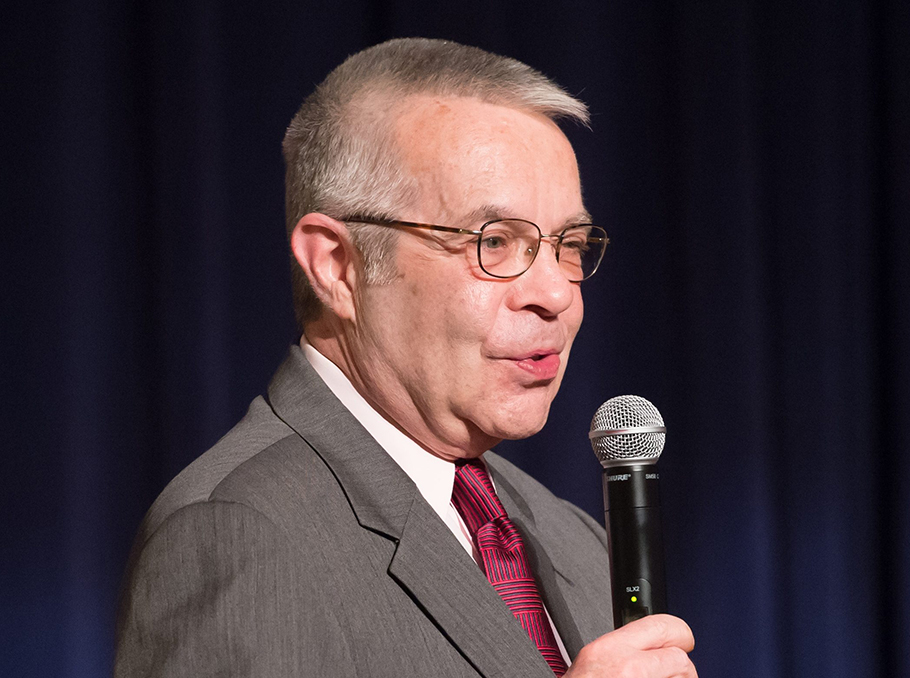 Richard Hoagland
Richard Hoagland
According to him, the reason is that Russia wants to keep its so-called “sphere of special influence" and understands that a resolution would enable each country to feel free enough to look for other partners.
“Only a war would settle the problem”
“What I learned in multiple trips to Yerevan and Baku with my Co-Chair colleagues was that each side was adamantly frozen into its position and would barely deign to consider even the slightest interim compromise, even as a good-faith confidence-building measure. I personally came to believe that only a war would finally settle the problem of Nagorno-Karabakh, although I never stated this view publicly,” says Hoagland.
The future of Minsk Group
“The answer about the future of the Minsk Group depends on which side you ask,” Hoagland writes.
“Yerevan is clear that it sees the continuation of the Minsk Group as essential for determining the final status of Nagorno-Karabkah. Baku is equally firm in the other direction, asserting that Nagorno-Karabakh is an integral part of Azerbaijan and always will be. This is the conundrum that the Minsk Group has faced almost from its beginning – radically opposed positions that fundamentally do not budge,” notes the former co-chair.
Nevertheless, he believes that “with some creative thinking, the OSCE, and the Minsk Group itself, could redefine that role.”
For example, it could add enabling reconstruction to its approved mandate. In fact, both Baku and Yerevan have already recognized that the opportunity now exists for repairing and further building the infrastructure of the immediate region, including the construction of new roads and other modes of transportation and connectivity within and reaching beyond the region. For example, the Minsk Group could organize and coordinate funding by the World Bank, the International Monetary Fund, and the European Bank for Reconstruction and Development, as well as by the capitals of the OSCE member states themselves, to devise a master plan and to help pay for enhanced development in the former Nagorno-Karabakh war zone itself and, more broadly, in the South Caucasus region. Obviously, this would not be easy, if for no other reason than the region’s difficult neighbors, Iran and Turkey, would want to have their say in such an effort. But if the Minsk Group doesn’t redefine its mission, then it will continue, most unfortunately, as an intriguing backwater of international diplomacy,” concludes Hoagland.
















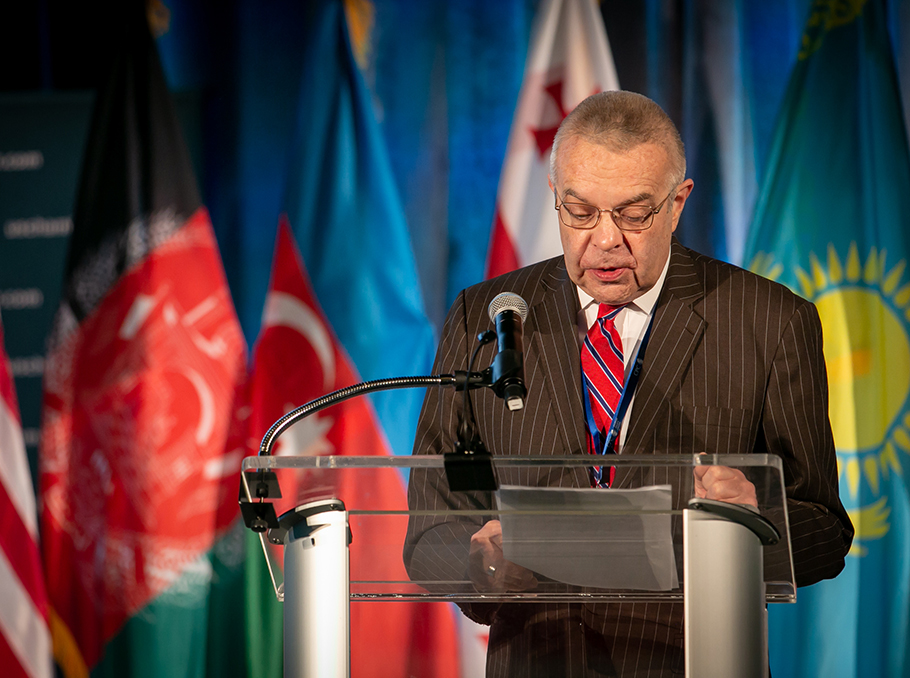

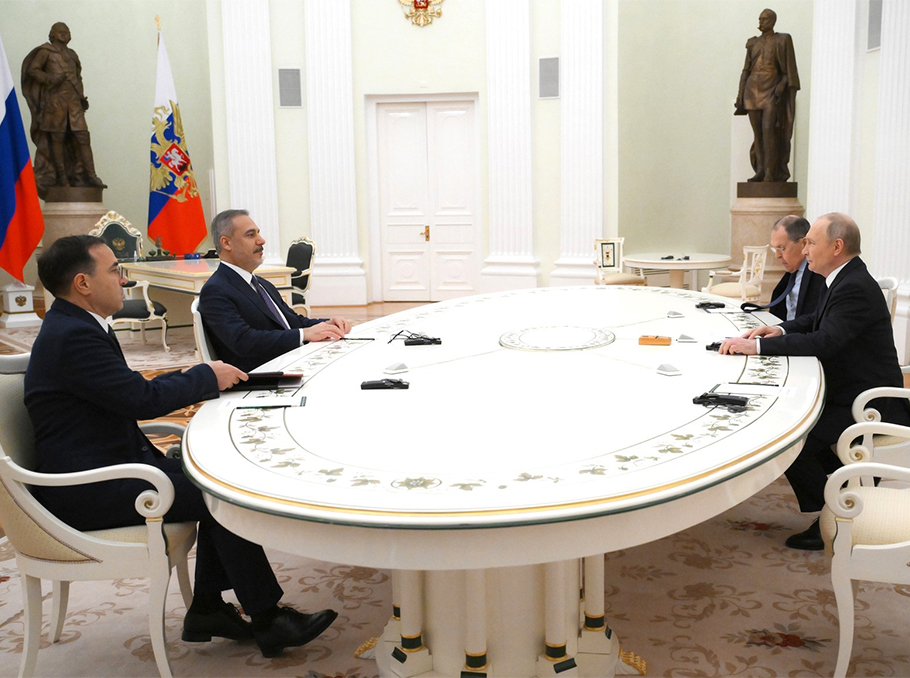
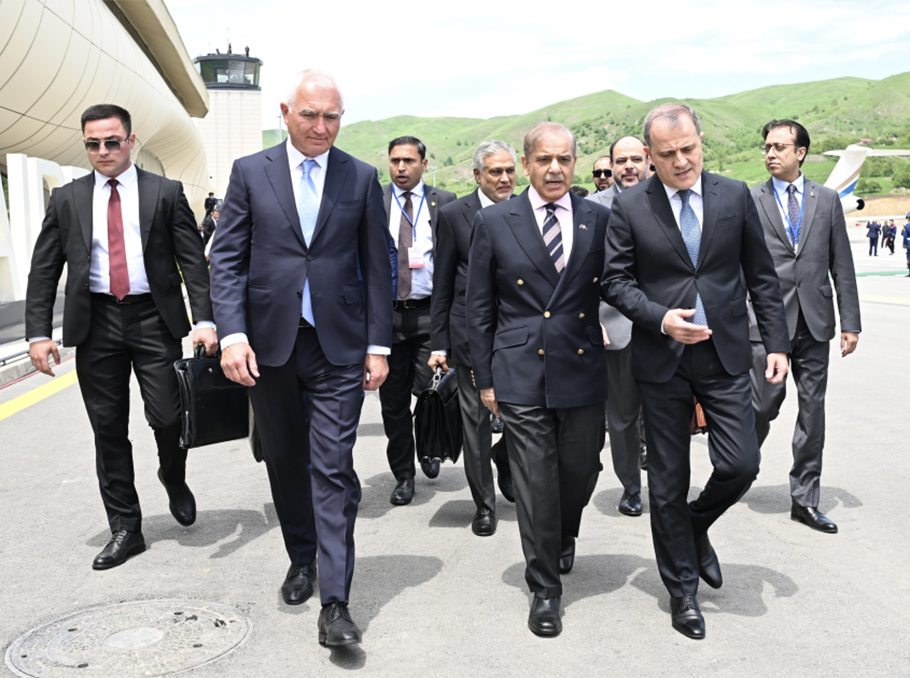








Comments
Dear visitors, You can place your opinion on the material using your Facebook account. Please, be polite and follow our simple rules: you are not allowed to make off - topic comments, place advertisements, use abusive and filthy language. The editorial staff reserves the right to moderate and delete comments in case of breach of the rules.